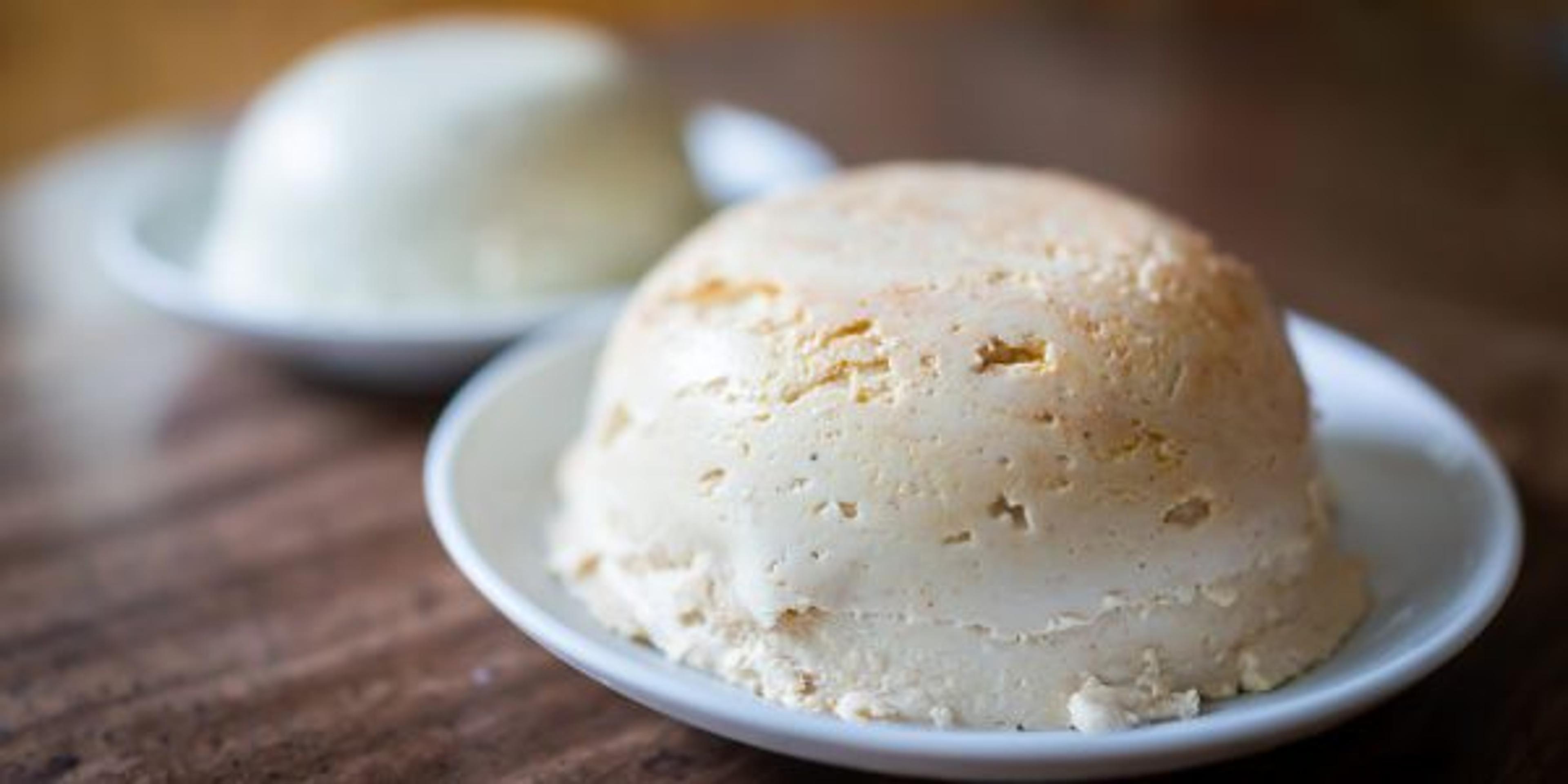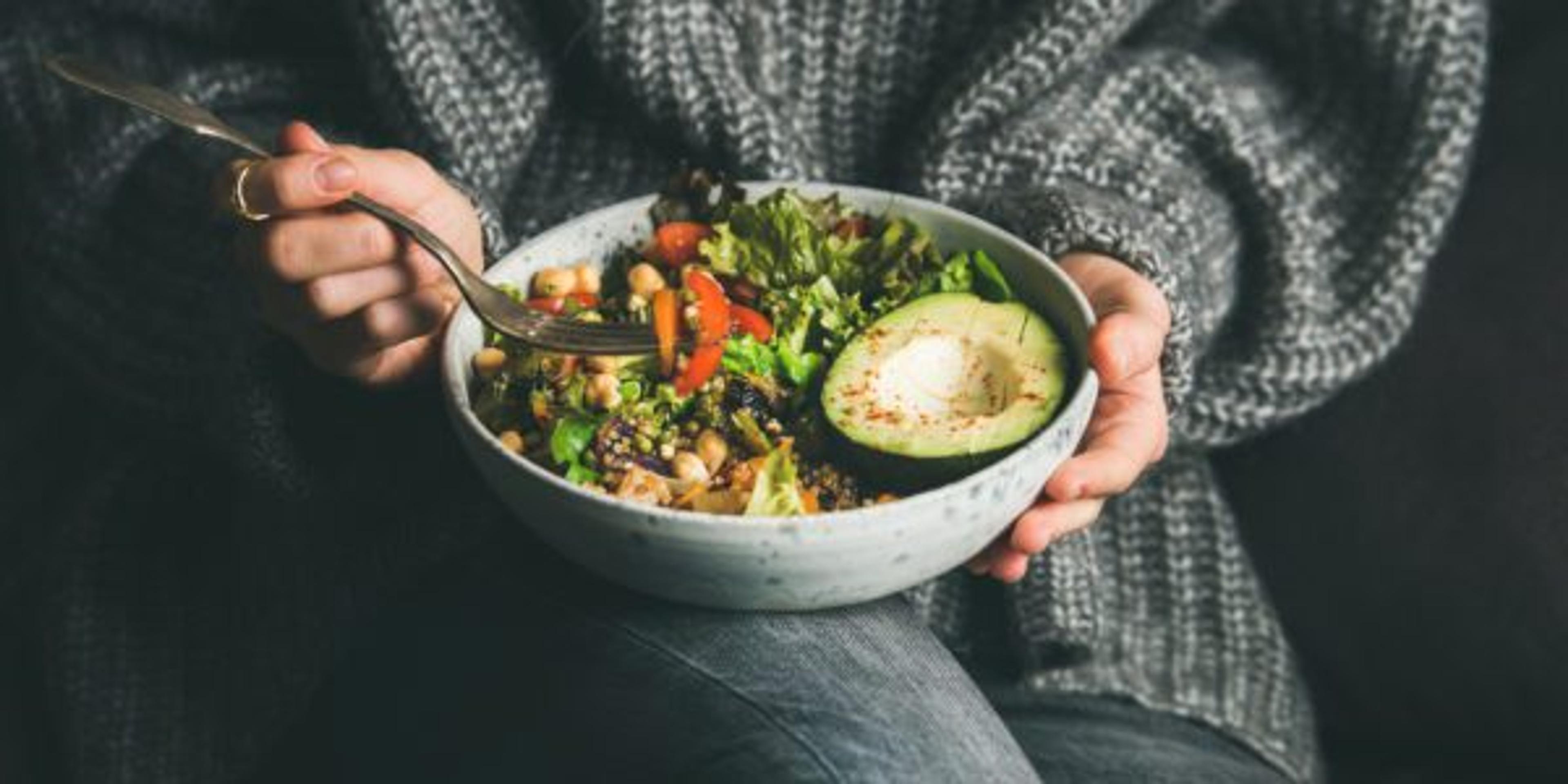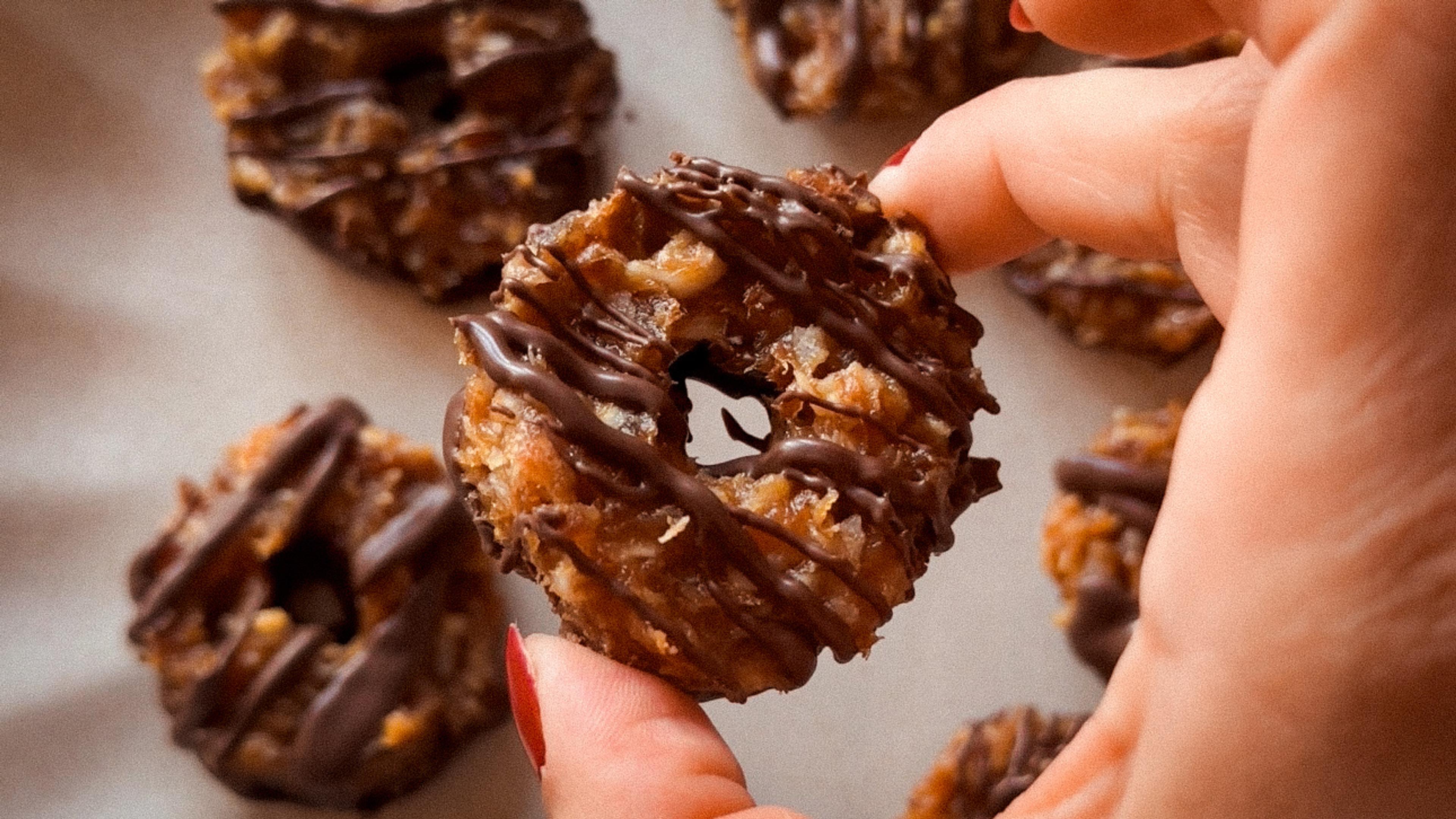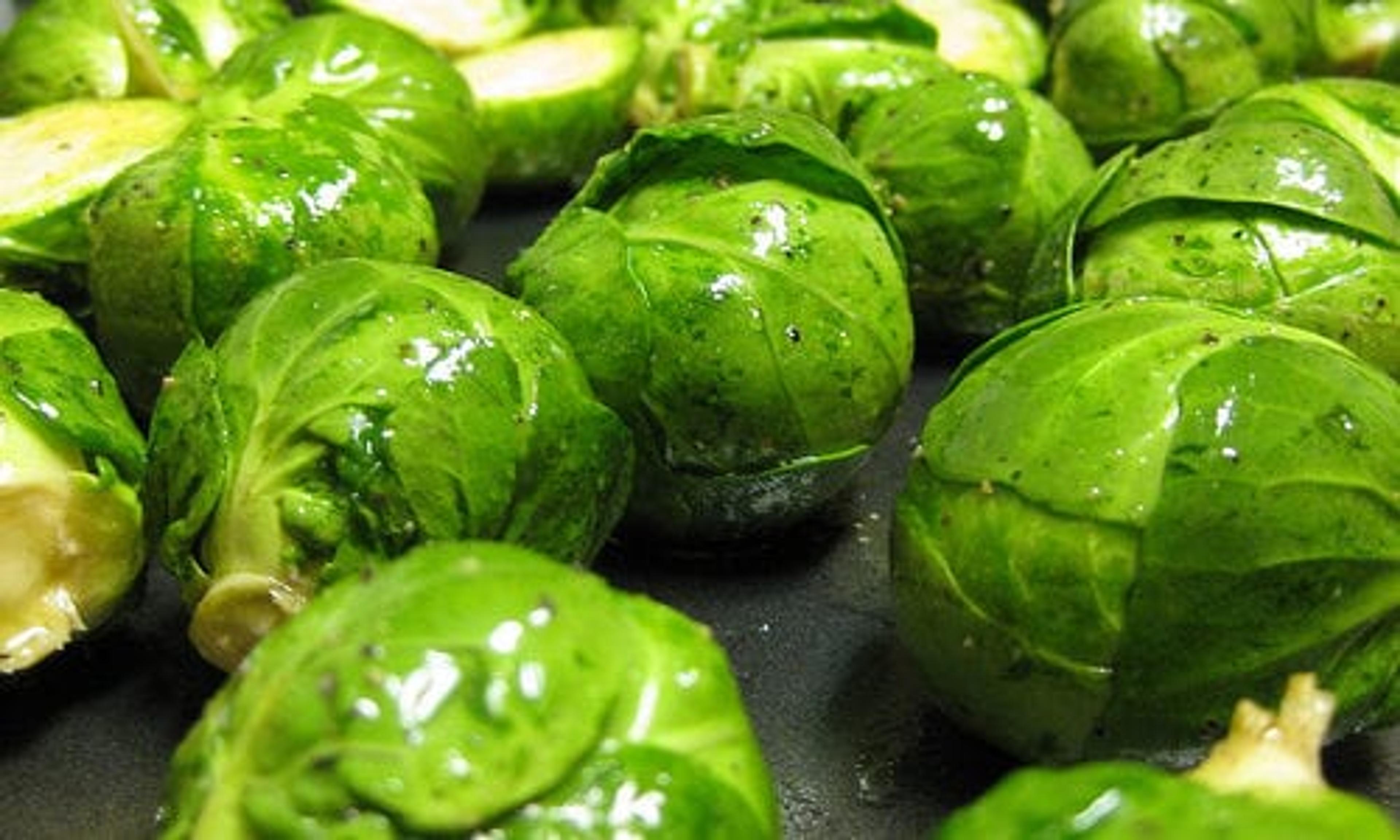Pros and Cons of Vegan Cheese
4 min read

Vegan cheese has been a polarizing product for as long as it’s been in stores.
For vegetarians with a soft spot for dairy, it represents the final frontier to veganism. For cheese lovers dealing with high cholesterol or lactose intolerance, it represents a potential lifestyle change. And then for some others, the very concept may seem too foreign and off-putting to even consider.
But you should at least learn a little more about plant-based cheese and whether it’s right for you by weighing these pros and cons.
What is vegan cheese made of?
A 100% animal-free product, vegan cheese is made of a combination of vegetable proteins like soy, nuts, and vegetable oils. Cashews are a common ingredient, as is coconut oil. Pears, arrowroot, and tapioca flour or starch are also found in a plethora of vegan cheese bands.
Texture is one of the most discernible differences between plant-based cheese and the real thing, and it can be a tough things to get past for some folks. But tapioca-based starches and flours are what makes some brands of vegan cheese stretch and melt like the kind of cheese you probably grew up on.
To compare and contrast nutritional value in the sections below, we’ll reference a slice of Daiya plant-based American cheese (22 grams) versus a slice of Cabot dairy American cheese (20 grams).
Is vegan cheese good for you?
Let's look at the upside of vegan cheese first.
More environmentally friendly: You minimize your carbon footprint on the environment the more you opt for vegan cheese over traditional cheese. No dairy means cows, goats, and sheep do not experience distress during the cheese-making process.
No carcinogenic animal proteins: Vegan cheese alternatives are cholesterol-free. For comparison’s sake, a slice of Cabot American cheese contains 7% (20 milligrams) of your daily cholesterol value.
Better for gut health: Since there is no lactose or casein in vegan cheese, there is no intestinal permeability associated with eating vegan cheese. Bloating, diarrhea, gas, nausea, and abdomen pain are common for people who react poorly to lactose or gluten. Most vegan cheeses are made with gluten-free flours, like almond or tapioca flour. Daiya slices are made with potato and tapioca starch.
Free of hormones: There are varying schools of thought on whether dairy cheese contains enough animal growth hormones to be harmful to your body, as some hormones are approved by the Food and Drug Administration (FDA). But either way, sticking to vegan cheese knocks out the guess work.
The downside of vegan cheese
Can still be high in saturated fat: Your heart isn’t totally out of the woods if you consume vegan cheese made with coconut oil, which includes Daiya. There isn’t currently a ton of conclusive evidence that coconut oil affects heart disease, but it certainly boosts the fat content of the vegan brands that use it. The Daiya slice contains 4.5 grams of saturated fat while the Cabot slice contains 3 grams of saturated fat.
Does not contain substantial amounts of protein or calcium: Two major redeeming health qualities of dairy consumption are the benefits provided by protein and calcium. Vegan cheese lacks these contents, unless fortified. The Daiya slice has no protein and includes 10% of your daily calcium value compared to the Cabot slice’s 4 grams of protein and 15% of your daily calcium value.
Most vegan cheeses are processed: Some plant-based cheeses are highly processed, which means they contain preservatives, color additives and sodium. If you do opt for vegan cheese, browse the brands that boast simple, straightforward ingredients.
Can set off nut allergies: Some vegan cheeses need to be avoided if you are allergic to nuts. Plenty of brands include a cashew base or nut flour, so be sure to keep an eye on the nut content of a particular cheese if you are allergic.
In conclusion, vegan cheese does have its nutritional drawbacks. But there are variables to consider, particularly the ingredients different vegan cheese brands use to make their product. If you are adopting a plant-based diet or just want to cut down on your fat and cholesterol intake, vegan cheese could be right for you. Just be sure to read all labels carefully.
More from AHM:
- Metropolitan Bar + Kitchen Owner Proves You Don't Have to Drink to Run a Successful Bar
- Nutrition Differences in Farm-Raised vs. Wild-Caught Fish
- What are the ‘Salty 6’ Foods?
Photo credit: Getty Images









